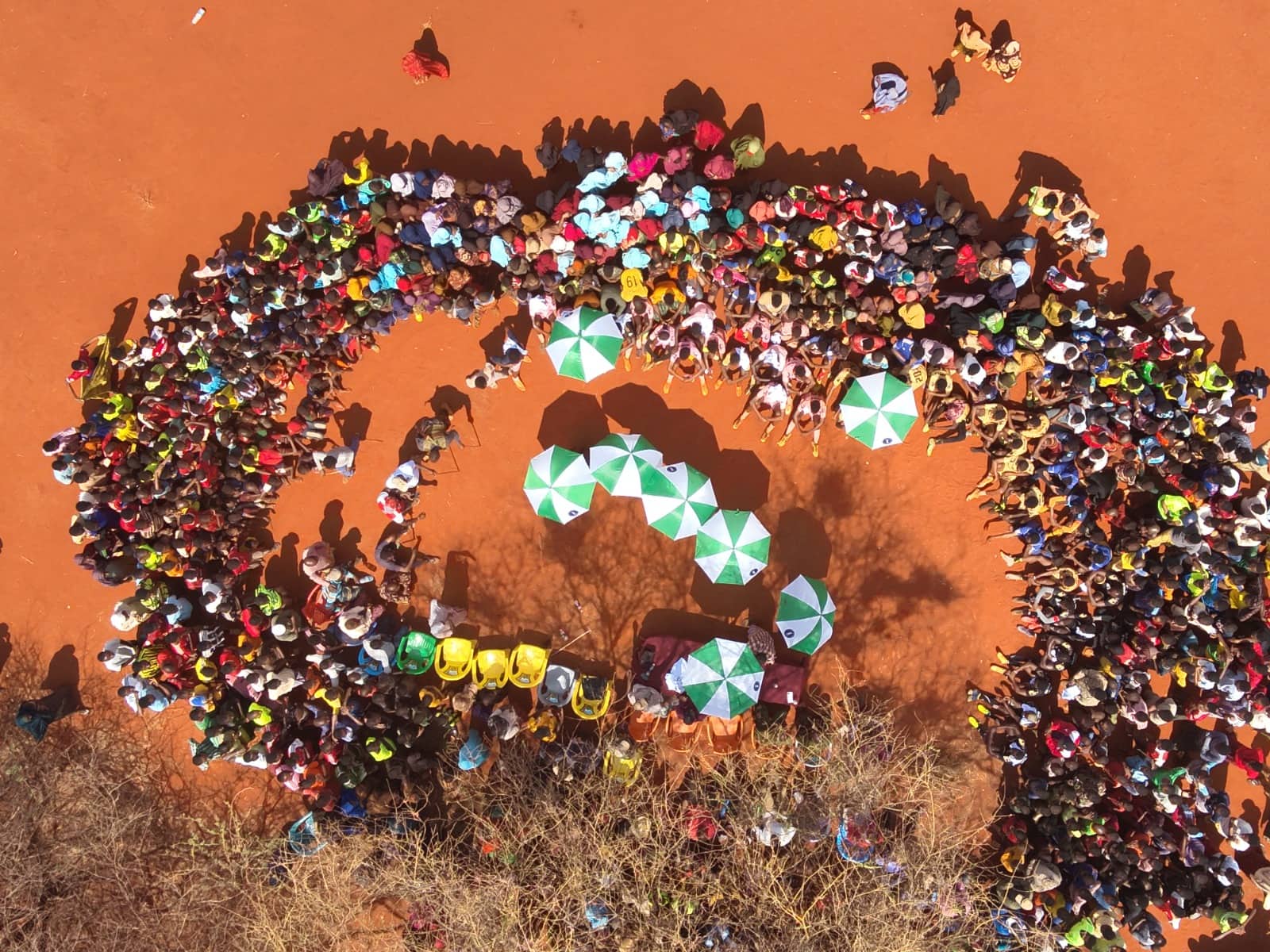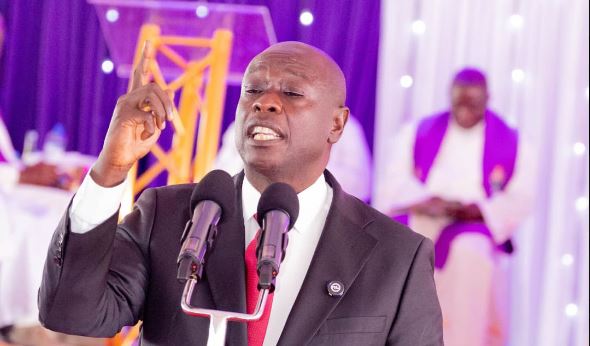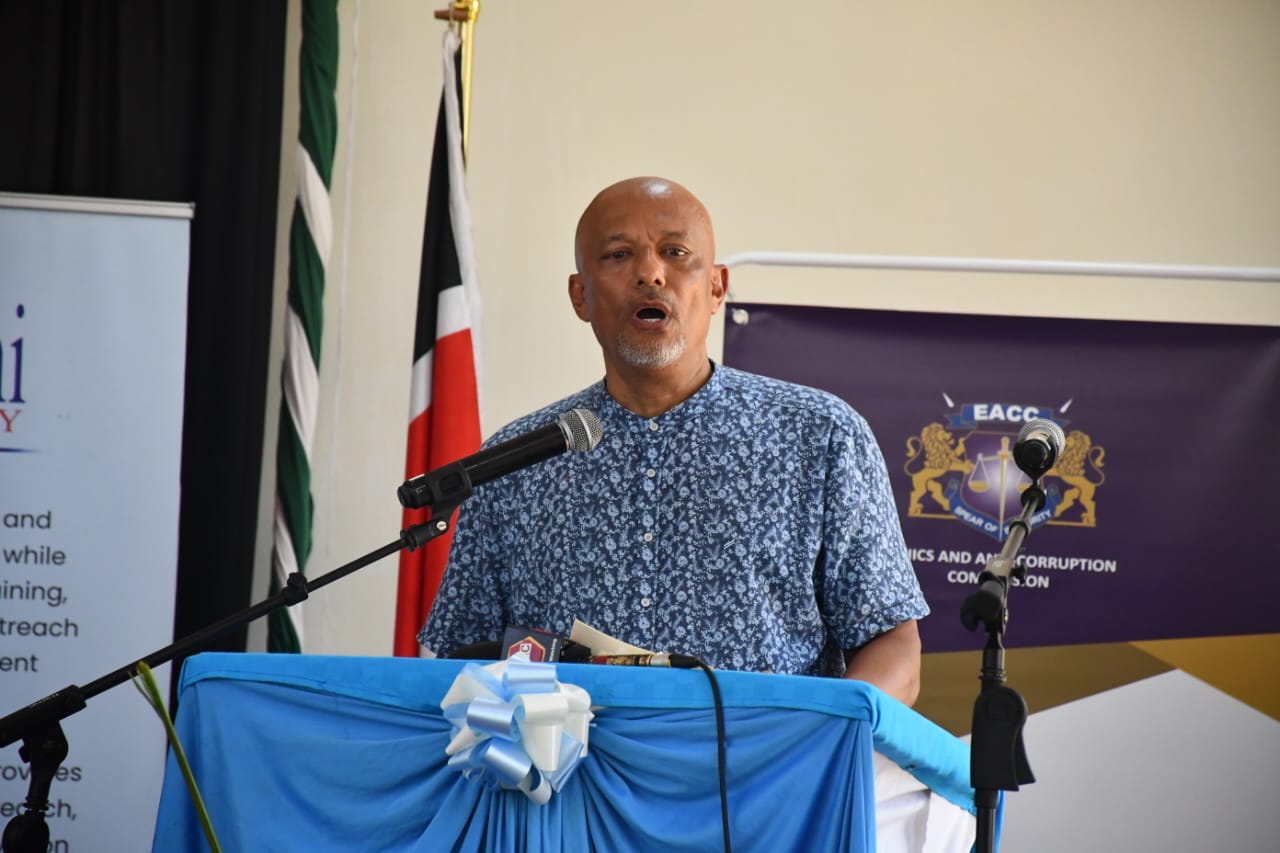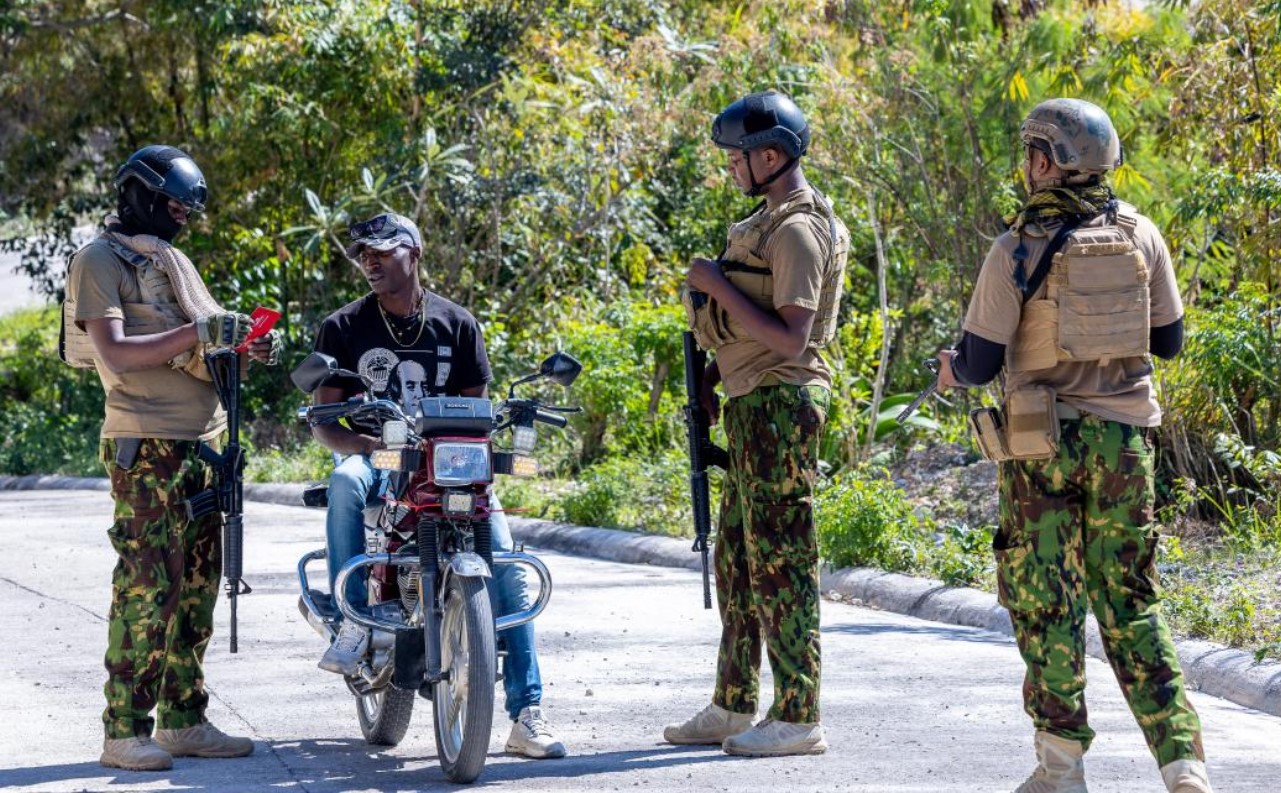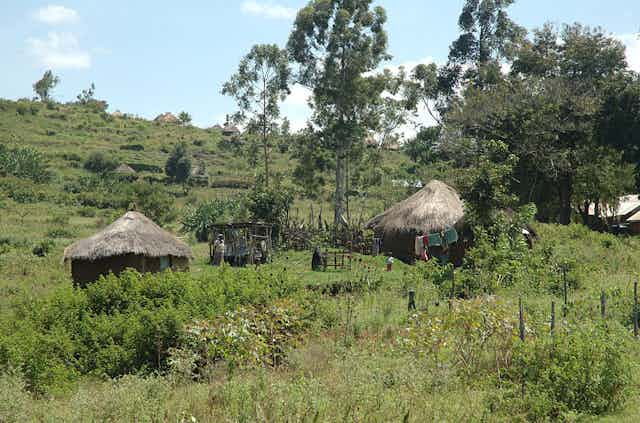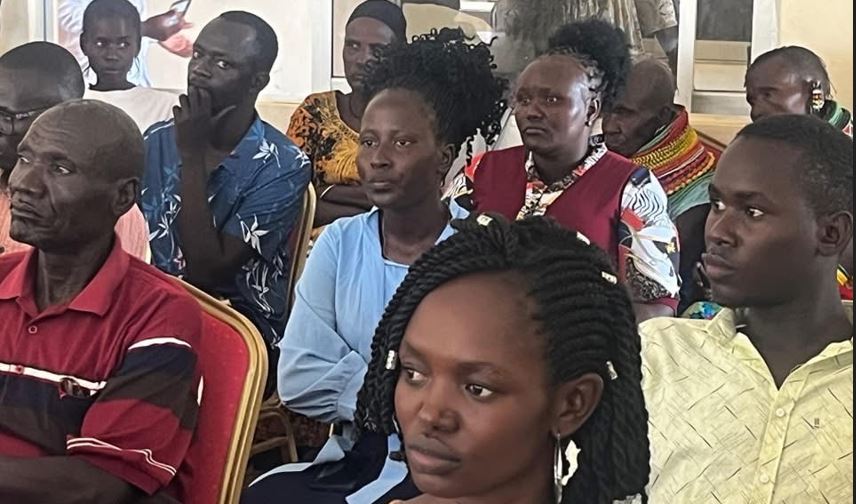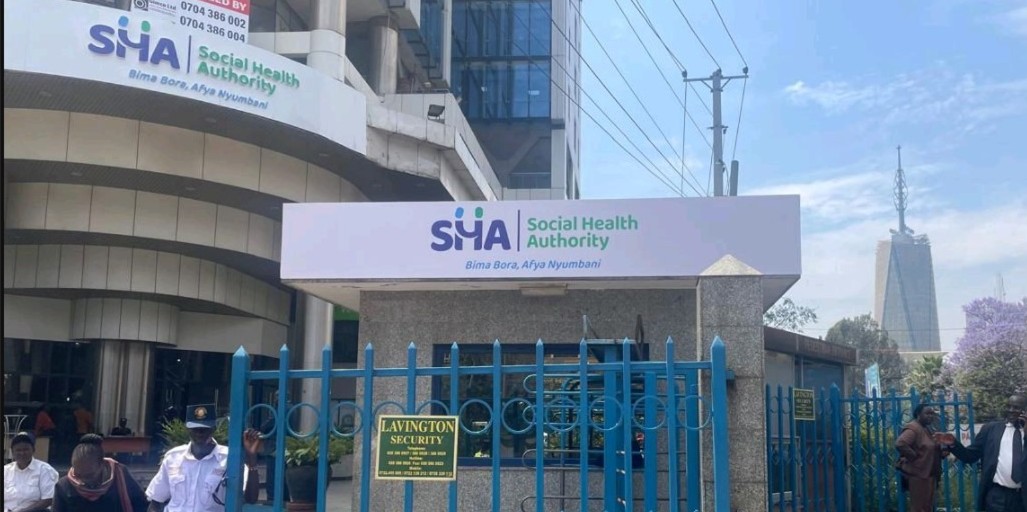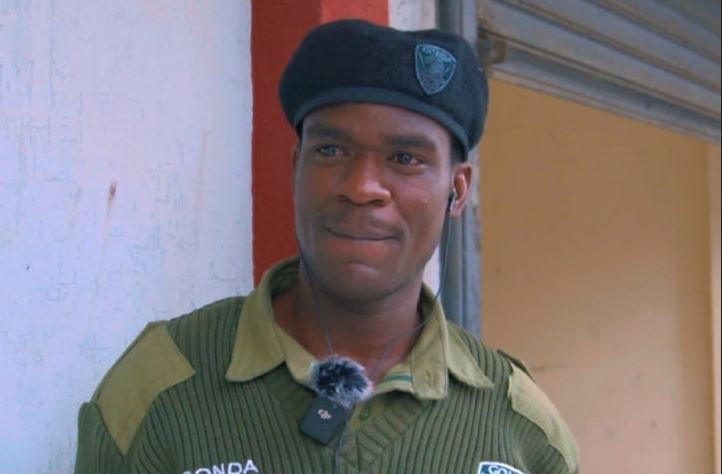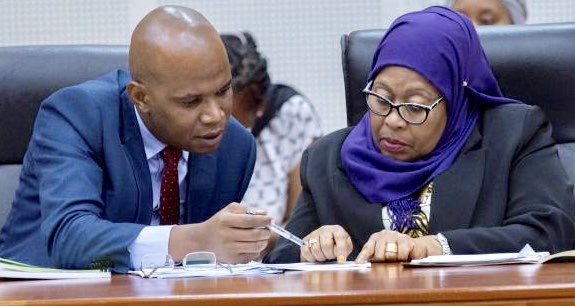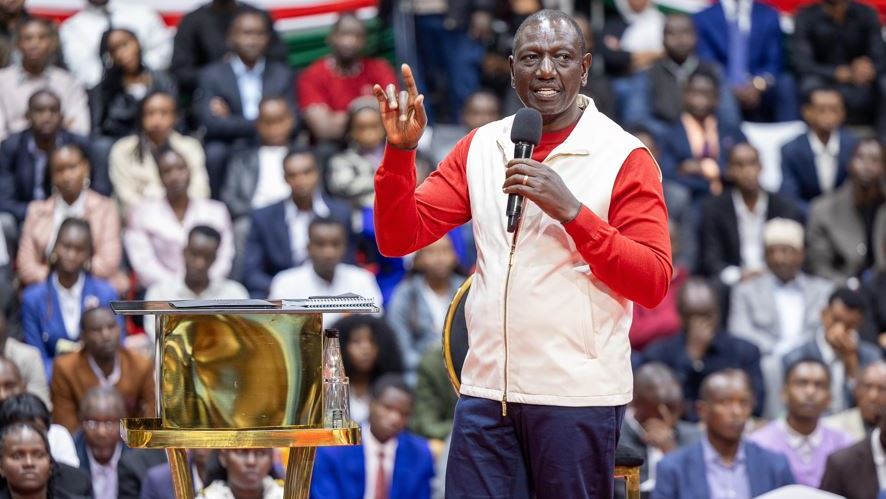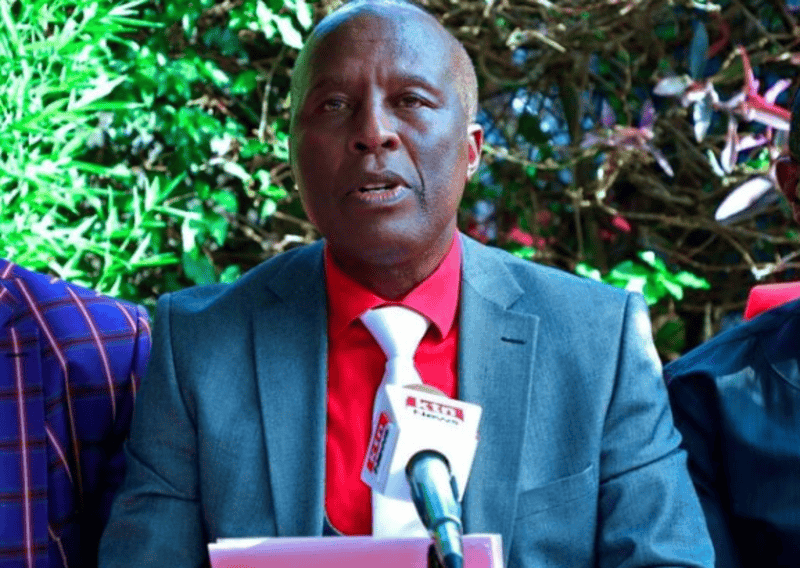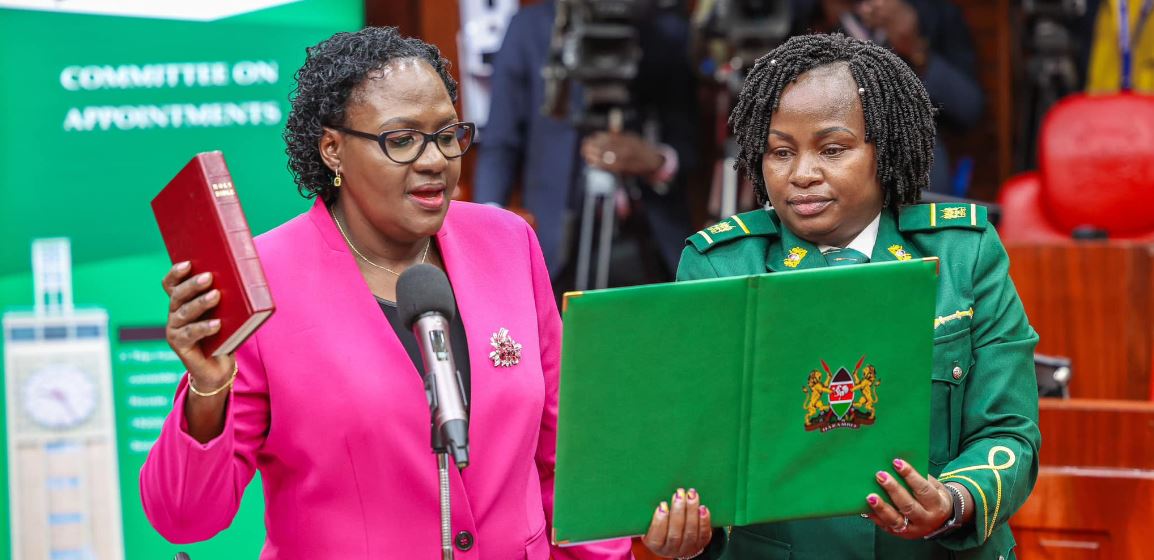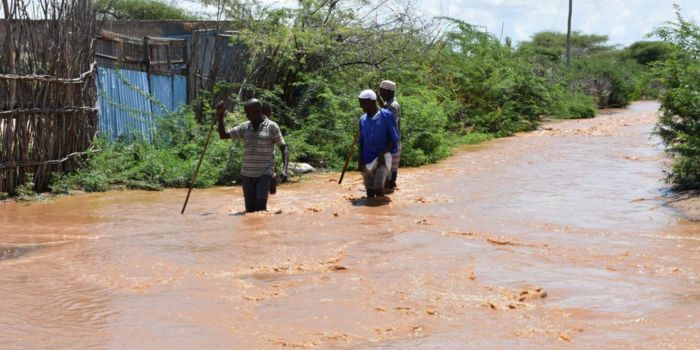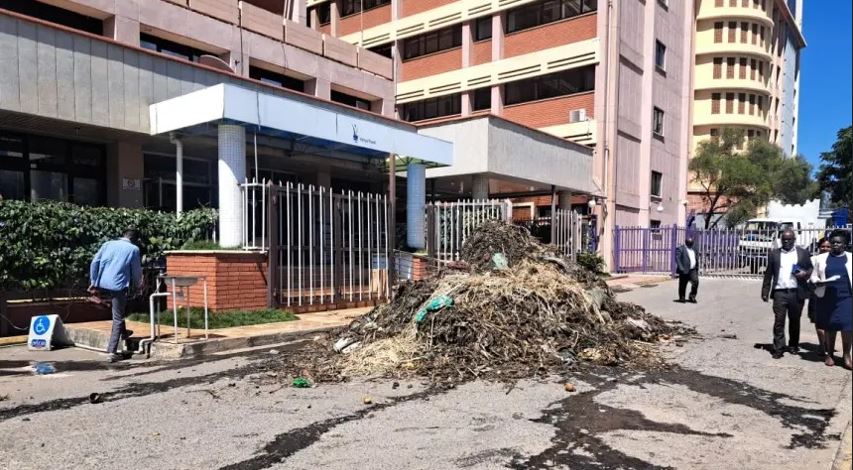Border clashes raise fears of renewed conflict between Ethiopia and Eritrea
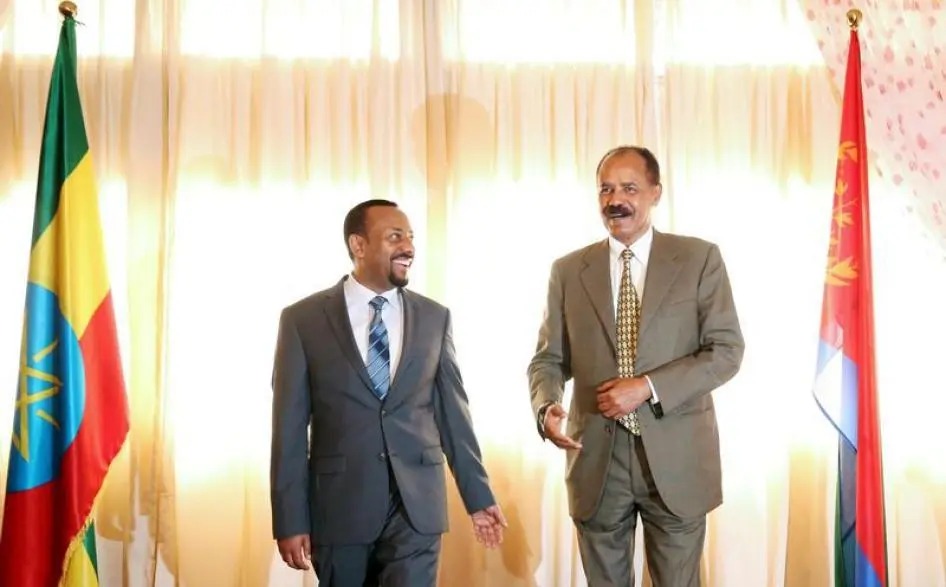
After Eritrea gained independence in 1991, the two nations fought a brutal border war between 1998 and 2000, which ended under an Algeria-mediated peace deal.
Ethiopia and Eritrea, two neighbours with a tumultuous past, appear to be back on a collision course as fresh accusations and longstanding grievances threaten their fragile peace.
Just years after a celebrated reconciliation, the relationship between Addis Ababa and Asmara is unravelling, with experts warning that unresolved disputes could spark renewed conflict.
More To Read
- Clash between Ethiopian and Kenyan fishermen leaves many dead or missing
- Ethiopia and Somalia set march date for next round of Ankara Declaration talks
- Ethiopia bondholders say IMF report 'artificially' creates solvency issue
- Kenyan leaders express support for Raila Odinga ahead of AUC chairperson’s election
Last week, former Ethiopian President Mulatu Teshome, a close ally of Prime Minister Abiy Ahmed, launched a scathing attack on Eritrean President Isaias Afwerki, accusing him of stoking conflict in northern Ethiopia.
"War is the main business and preoccupation of the Eritrean state. Stirring conflict here and there, supporting rebels, insurgents, or governments seeking war and division throughout the region seems to be the raison d’être of the Eritrean state," Mulatu said, accusing Eritrea of backing one faction of the Tigray People’s Liberation Front (TPLF) and an Amhara militia group.
Eritrea swiftly dismissed the allegations.
Yemane GebreMeskel, Eritrea’s Minister of Information, called Mulatu’s claims "audacious, precisely intended to conceal and rationalise a war-mongering agenda."
International law
He insisted that Eritrea has acted in accordance with international law and has no interest in interfering in Ethiopia’s internal affairs.
Ethiopia and Eritrea’s relationship has been anything but smooth.
After Eritrea gained independence in 1991, the two nations fought a brutal border war between 1998 and 2000, which ended under an Algeria-mediated peace deal. Yet unresolved issues, including border demarcation and economic arrangements, have remained sources of tension.
In 2018, the election of Abiy Ahmed as Ethiopian Prime Minister ushered in a new era of optimism. Abiy flew to Asmara to sign a historic peace agreement with Isaias, ending two decades of hostility. However, experts argue that the deal lacked institutional backing, with no clear mechanisms for implementation.
The first cracks in this newfound peace emerged in June 2021 when Abiy unilaterally withdrew Ethiopian troops from Tigray, leaving behind Eritrean forces that had been aiding in the fight against the TPLF. The move strained ties between the two nations, but an official diplomatic fallout was avoided.
In November 2022, Ethiopia signed the Pretoria peace deal, also known as the Cessation of Hostilities Agreement (COHA), with the TPLF, ending the bloody two-year conflict in northern Ethiopia. However, key players — Eritrea and Amhara's defence forces — were left out of the agreement, leaving open the possibility of future instability.
Access to the Red Sea
The latest friction stems from Abiy’s push for Ethiopia to secure access to the Red Sea, a stance that has sparked fears of regional conflict. Ethiopia has been landlocked since Eritrea’s independence, and Abiy has argued that revisiting Ethiopia’s access to the sea is necessary for the nation’s long-term security and economic growth.
Other Topics To Read
"Ethiopia will secure direct access to a port, either peacefully or, if necessary, by force," Abiy warned, emphasising that a population projected to reach 150 million by 2030 "cannot live in a geographic prison."
Abiy’s comments have been widely interpreted as a direct challenge to Eritrea’s sovereignty, raising tensions further. Metta-Alem Sinishaw, an Ethiopian political analyst, suggested that Abiy’s rhetoric is aimed at Eritrea, stating:
"The lack of a legitimate settlement made Ethiopia landlocked, which prompted a need for access to the sea. This, in turn, makes Ethiopia a perpetual threat to Eritrea’s security and sovereignty."
Adding to the strain, Eritrea has recently strengthened its ties with Egypt and Somalia, a move seen as countering Ethiopia’s regional ambitions. Meanwhile, Ethiopia’s efforts to lease a naval base in Somaliland have also heightened tensions with Somalia, although both nations have since de-escalated their rhetoric.
Precarious diplomatic ties
Despite the absence of direct conflict, diplomatic ties between Ethiopia and Eritrea remain precarious. The ongoing divisions within the TPLF, exacerbated by Eritrean support for a faction, threaten to undermine the peace deal signed with Addis Ababa.
Metta-Alem warns that Ethiopia could exploit the renewed conflict to strengthen its weakened military and deflect public attention from growing discontent with the ruling Prosperity Party (PP) ahead of the next election.
"The war offers Ethiopia a chance to rebuild its army and galvanise public support in the face of dwindling popularity for the ruling PP. Public sentiment will shift away from the upcoming Ethiopian election, in which the PP can easily manipulate the outcome, as it did in 2020 during the Tigray war."
Top Stories Today
